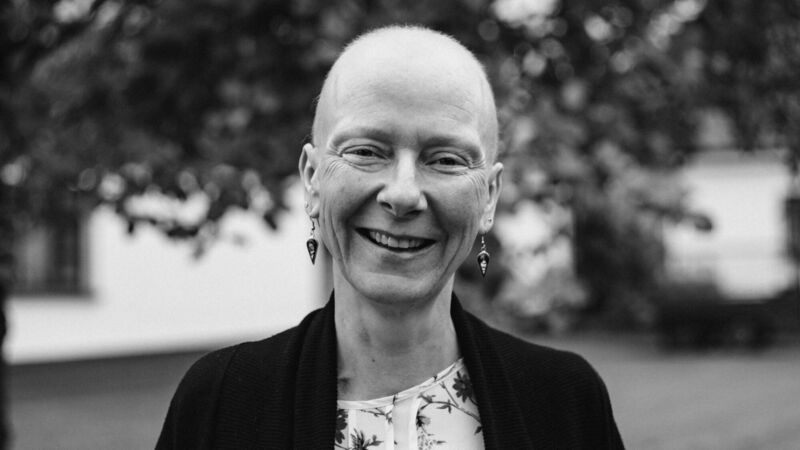Irish Examiner view: State apology shows people power works

There was no reason to doubt the Taoiseach’s sincerity when he offered a “genuine and heartfelt apology” on behalf of the Government and the State to Patricia Carrick, a woman whose cancer would not be terminal if CervicalCheck had not misread her slide in 2016. Picture: Ciarán MacChoncarraige
A sincere apology can send a potent message. It acknowledges a wrong, goes some way towards atoning for it, and, when it is delivered in the political arena, as Taoiseach Micheál Martin’s unprecedented apology to a terminally ill woman was on Tuesday, it can set the scene for real change.
And there was no reason to doubt the Taoiseach’s sincerity when he offered a “genuine and heartfelt apology” on behalf of the Government and the State to Patricia Carrick, a woman whose cancer would not be terminal if CervicalCheck had not misread her slide in 2016.













